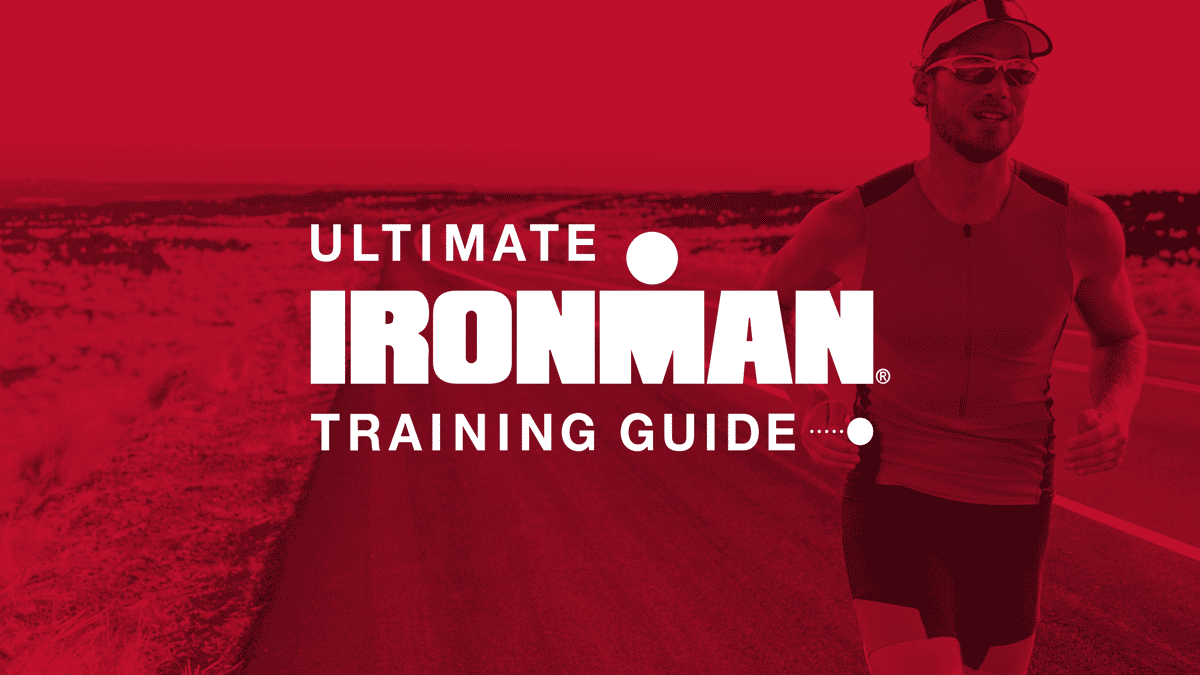An athlete completing a successful race is a result of the combination of executing an appropriate training stimulus and applying a sound strategy for the race. Over the past 18 months, I have written extensively for TrainingPeaks regarding many of the different facets of training, racing, and generally becoming a better athlete. In my many years of being a coach, including short to long course, I’ve seen what I have thought was a well-conditioned and fully prepared athlete wreck a goal event due to completely avoidable errors. In no particular order, here are four common mistakes that I see in athletes racing long course.
1. Overtraining
One of the more frustrating situations I see occurring is an athlete adding more workouts to their weekly schedule and not taking recovery days when they are indicated. The result is this person arriving at a goal race completely fatigued and not physically able to give it their best shot. All athletes need a balance of training stress and recovery to perform at their best1.
Many triathletes fall into the type A personality category- both in their physical training as well as their professional careers, and even their family and social commitments. These athletes get up early to swim, go for a run at lunch, and then hit the road on the bike in the evening while barely stopping to eat or say hi to their loved ones. Many part-time triathletes train as much as full-time professional triathletes who don’t have an extra day job.
On top of this training, they are also driven to succeed in their chosen profession, often putting in long hours at an office. A triathlete who does the sport for fun would be better off cutting back on training and focusing on doing the best job possible on the workouts that they are able to fit in their lives, not the other way around.
2. Not Having a Nutrition/Hydration Plan and Practicing it at Race Effort
Long course athletes need to replenish the calories they burn and the fluids they lose during a race, all at a rate they can absorb. Failing to do this is a common mistake among athletes new to long course training and racing as errors during short course racing are not as catastrophic.
The body has approximately 60 to 90 minutes of muscle glycogen to fuel exercise. Supplemental nutrition is required for training sessions and races lasting longer than that. There are simple guidelines
At the same time, many athletes jumping up to long course distances will train at a fairly low level of effort and will practice taking in calories and fluids only to find at race intensity that their stomach is unable to handle what is ingested only to suffer distress. So it is doubly important to practice eating at race intensity.
3. Not Training at the Intensity You Plan to Race
This leads us to the next common error- not training at goal race efforts. If you train to bike at 150 watts for two hours, it’s not a stretch to realize that if one tries to maintain 200 watts for six hours, the race is going to be very short-lived. I like to test my athletes frequently to confirm heart rate thresholds for the bike and run, along their respective power or pace values. Testing reaffirms the progress of the athlete and also provides a guideline for race level outputs.
Power on the bike and pace on the run are absolutes and heart rate is the body’s response to that stimulus. Typical age group athletes will ride an IRONMAN bike at 65 to 75 percent of their Functional Threshold Power (FTP). Knowing the output one can sustain and systematically incorporating training sessions at race intensity in all three disciplines as well as running off the bike takes the guesswork out come race day.
4. Getting Caught Up in the Race Week Hype
The previously listed mistakes all involve the preparation for the event and the actual plan for race day. Even if the lead up to an IRONMAN is perfect, with a race day strategy in place, every piece of gear tested, nutrition dialed and pacing strategies analyzed, the race can still be sabotaged before it starts. I’ve worked with athletes with whom I have sat down a week before their IRONMAN and had the conversation about the upcoming event only to find later, that they visited the race expo every day, bought a new outfit, new pedals and then neglected to follow the plan we had discussed.
They were so excited about the race and thought a few minutes could be saved by purchasing a piece of gear or they would look better in a new race suit that following the plan became secondary. This is probably the biggest yet most easily avoided mistake that long distance athletes make. Take one trip to the expo, make your purchases, but use them in training, after the race.
These mistakes may seem obvious, but be assured they happen time and time again. Don’t add your name to the list. Stick to the plan you have worked on!
Thanks to LifeSport Senior Coach Dan Smith for his contribution to this article.
References
Fullagar, H.H.K. et al. (2014, October 15). Sleep and athletic performance: the effects of sleep loss on exercise performance, and physiological and cognitive responses to exercise. Retrieved from https://link.springer.com/article/10.1007/s40279-014-0260-0



